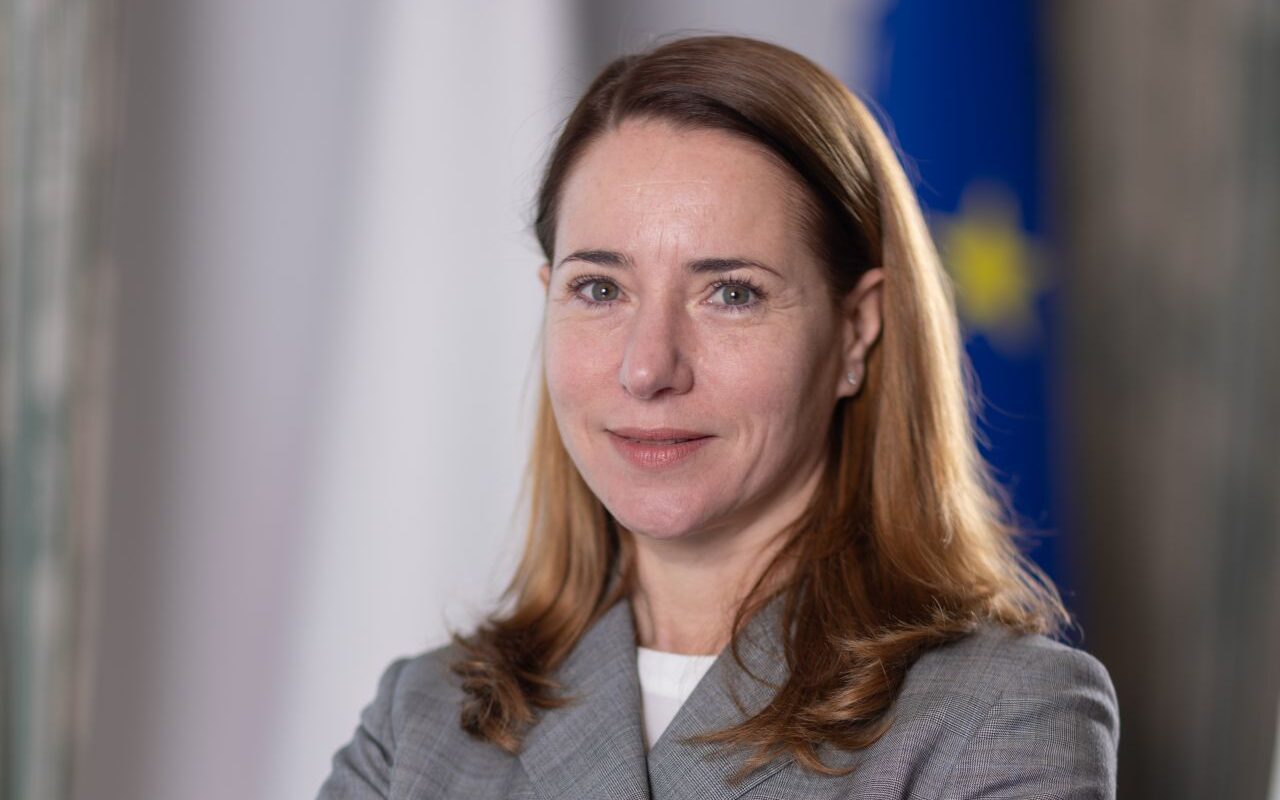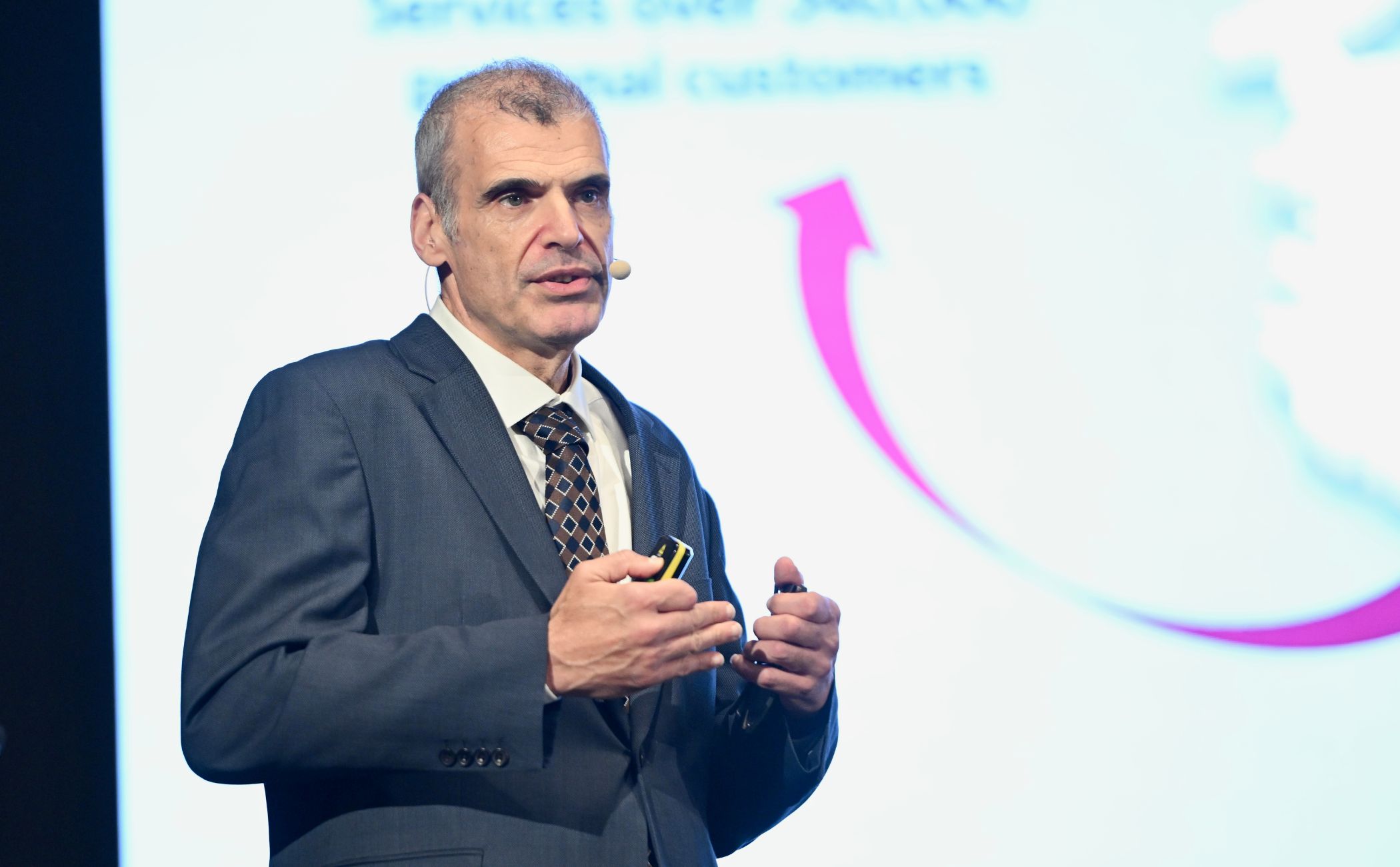On Thursday (today), JA Malta Foundation published its proposals ahead of Budget 2025, which usually takes place in October.
JA Malta CEO Matthew Caruana noted that the Foundation’s proposals, based on three pillars, represent “significant investment” in Malta’s youth and future prosperity.
Overall, JA Malta proposed 19 recommendations and the three pillars are:
1) Financial literacy, entrepreneurship, and work readiness
2) Unlocking untapped potential
3) Social empowerment and inclusion
“By fostering entrepreneurship, financial literacy, and work readiness we can create a new generation of leaders who are not only ready to meet the demands of today’s global economy but also capable of driving future growth and innovation,” he commented.
Among the proposals, the Foundation is recommending a national financial literacy initiative. This would include a nationwide comprehensive financial literacy campaign to target everyone from children at the age of seven to pensioners, community workshops and online resources to ensure access to financial education.
In terms of digital entrepreneurship and e-commerce initiatives JA Malta is also recommending shipping and logistical support and e-commerce development programmes.
It is also proposing a Women in Entrepreneurship Initiative to support female entrepreneurs through mentorship, networking opportunities, and financial assistance.
“This initiative should aim to address gender disparities in entrepreneurship and promote inclusivity. Supporting women in entrepreneurship can drive economic growth and foster a more diverse and inclusive business environment,” the Foundation said.
Other proposals target rural entrepreneurship development and focus on the creative arts industry.
JA Malta also addressed digital and remote work skills training to prepare the workforce for the evolving job market, among others.
Interestingly, the Foundation wants the Government to allow those under the age of 18 to be allowed to register and run their own business.
It noted that currently, under-18s are struggling to set up their own businesses created because of legal complications.
This is because, youths cannot set up their own businesses without obtaining emancipation from their parents or guardians.
Consequently, students are unable to obtain their own VAT number without it negatively impacting their stipends.
“This restriction hampers the entrepreneurial potential of young individuals who are otherwise deemed responsible enough to get married, run for elections, and be employed,” the Foundation said.
Given this, it is proposing that government amends the VAT regulations to allow under-18s to apply for and obtain their own VAT numbers without affecting their stipends.
If the Government deems this as risky due to contractual obligations, the Foundation further recommends setting up an under-18 sandbox.
This will allow youths between the age of 16 and 18 to operate in a restrictive yet operational environment where they transact and trade in small amounts without capping and putting limitations. Later, when they reach the age of 18, youths would then register normally.
This mechanism would enable them to start operations legally which would typically involve a period of R&D and development before trading in full capacity.
Expanding further on the proposal, the Foundation highlighted that it comes with a number of benefits such as economic empowerment and growth, skills development, increased economic participation and government efficiency and savings.
Alison Micallef takes on CEO duties at Malta Development Bank
The news comes as Paul V. Azzopardi, who led the institution for five years, retires.
Moneybase strengthens board with appointment of banking veteran, Mark Watkinson
He brings nearly four decades of experience in the financial services sector including serving as CEO of HSBC Malta Ltd.
‘Our commitment remains steadfast’ – BOV Chairperson Gordon Cordina
He stresses that BOV’s future growth will be supported by ambitious digitalisation efforts, robust risk and compliance integration, and the ...
STMicroelectronics’ Anton Hofmeister highlights new phase of Singapore lab-in-fab collaboration
The initiative focuses on developing environmentally friendly, lead-free piezoelectric materials and creating miniaturised, cost-effective sensors and actuators.









